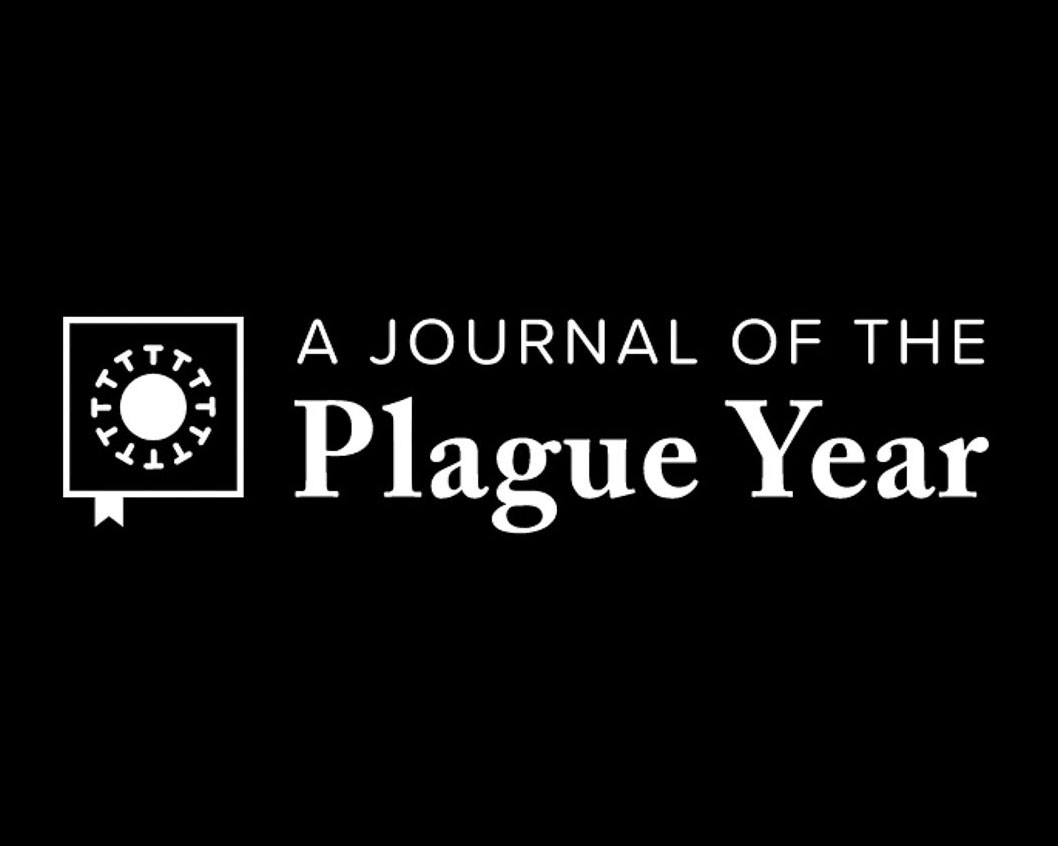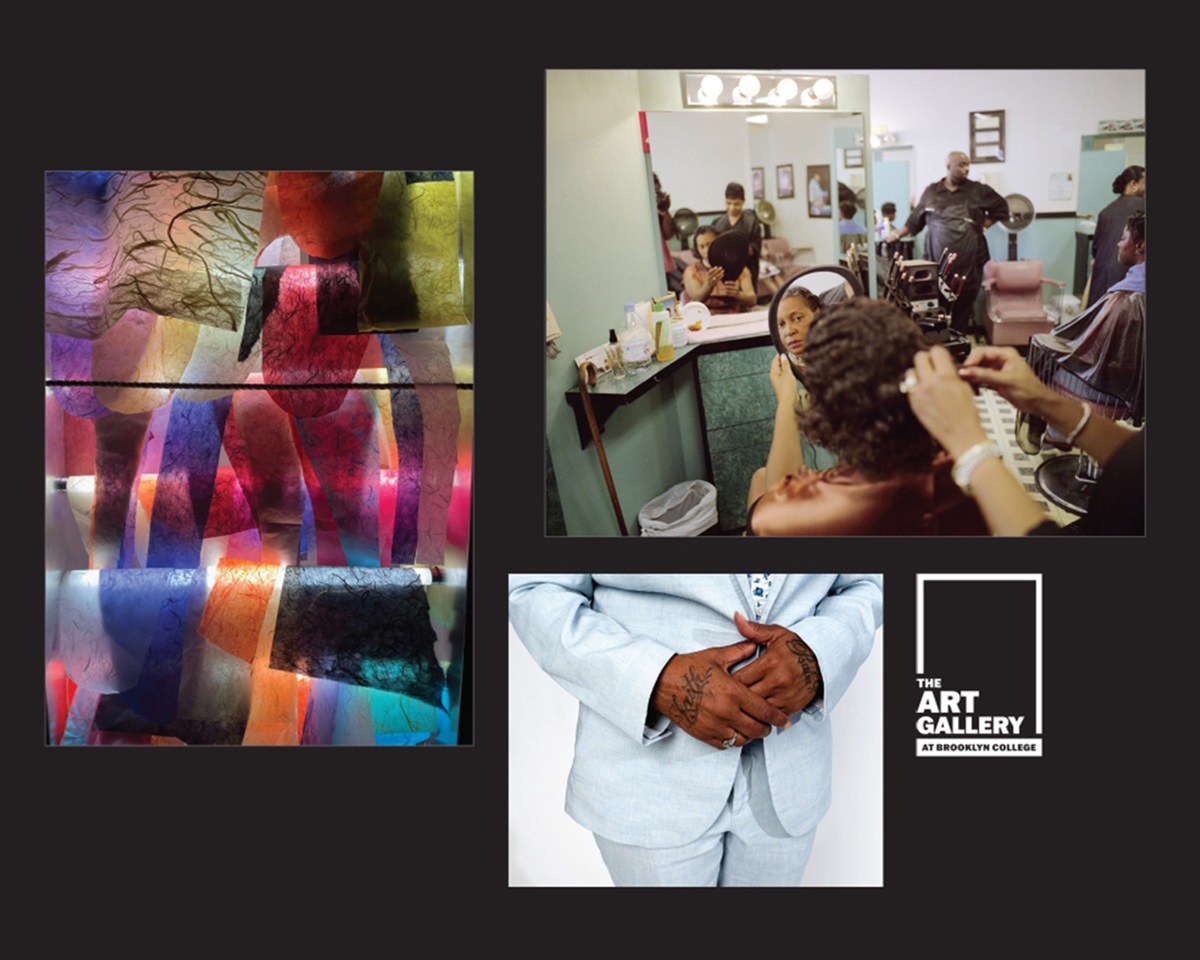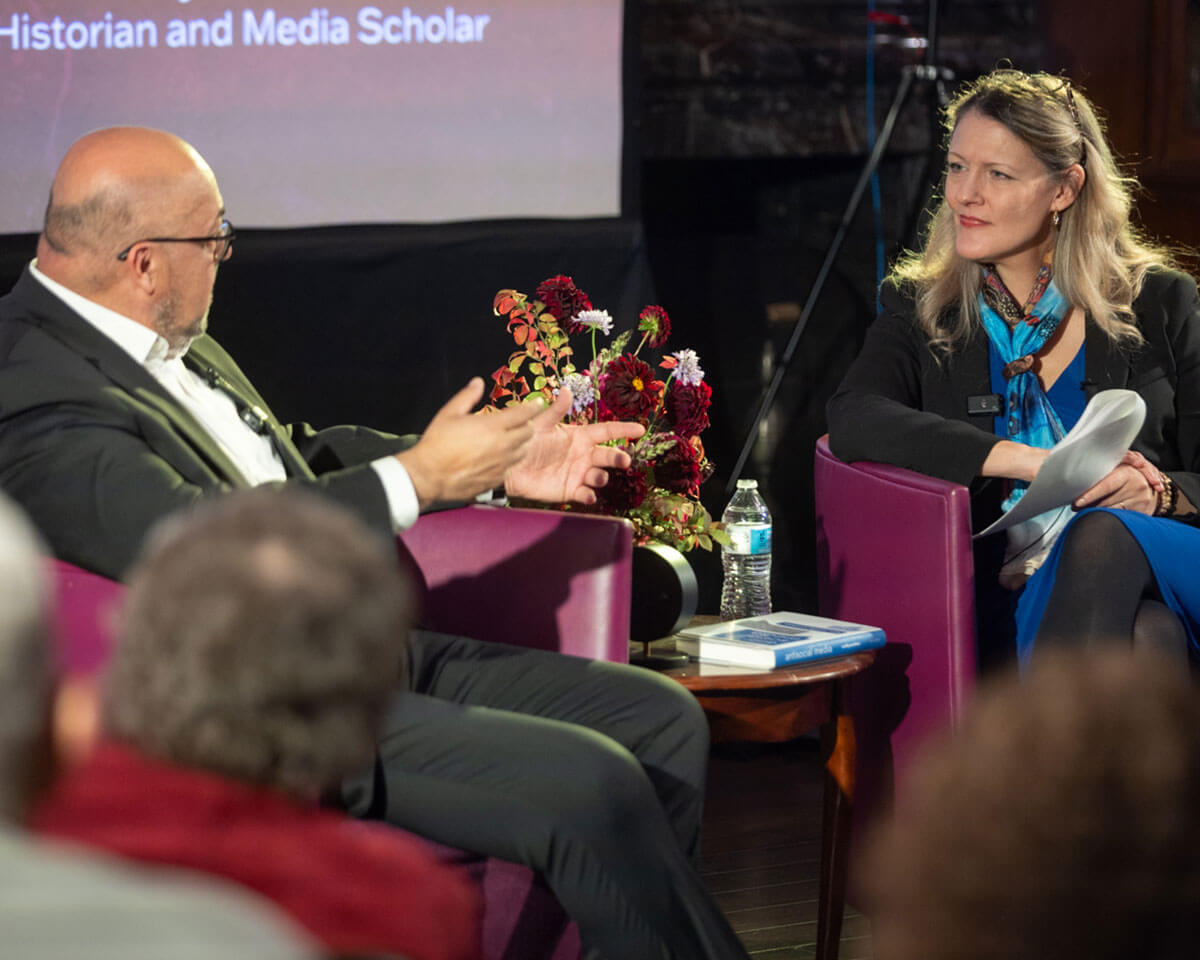Joseph Entin, a professor in the English Department, figures that if an alien were dropping in from Mars and wanted some information on what the COVID-19 outbreak was like—“what it felt like, smelled like, how it tasted”—that alien should ask a Brooklyn College student.
“Our students and the communities that they belong to have been on the frontlines of this global pandemic,” he says. “We realized the broader Brooklyn College community has some important historic wisdom that needs to be preserved.”
So he connected with a group of like-minded faculty members, many of whom had been working on projects that centered around the notion that their students are not just consumers of knowledge but producers of it as well.
What’s more, “we’re one of the most diverse campuses in the nation, and it’s important to give voices to these diverse groups,” says Miriam Deutch, an associate librarian. “They have experiences that may not be captured by the museums and historical societies that are documenting this time period. We wanted something that would make it accessible for people to share anything about the pandemic.”
So Deutch reached out to colleagues at Arizona State University who had already secured a public history grant to create a website called “A Journal of the Plague Year: An Archive of COVID-19.” She orchestrated a partnership through which Brooklyn College could create its own archive, borrowing on the umbrella site’s storage capacity.
Brooklyn College’s Journal of the Plague Year, launched earlier this fall, is an attempt to capture the pandemic’s effects on everyday lives. Students, faculty, staff, alumni, and the wider community can submit writings, videos, social media posts, music, and artwork.
“We’re witnesses to this incredible historic event,” says Deutch, who has encouraged submissions from videos of New Yorkers clapping for healthcare workers at 7 p.m. to social media gifs and personal essays. “It’s also a way for our community to feel more connected.”
Entin says that many professors this semester have already assigned some of their students to do some personal writing to submit to the journal. The hope is that as the archive grows, it becomes a valuable repository for all kinds of future scholarship.
“There isn’t one discipline that couldn’t find a relevant way to make an assignment from or for the archive,” says Deutch. “This will be creating assignments for years to come.”
The plan is to keep the archive open in perpetuity.
“This pandemic, in some ways, is going to last forever,” says Entin. “It’s certainly going to shape our lives forever. The year 2020 will always remain with us.”
Return to the BC Magazine



